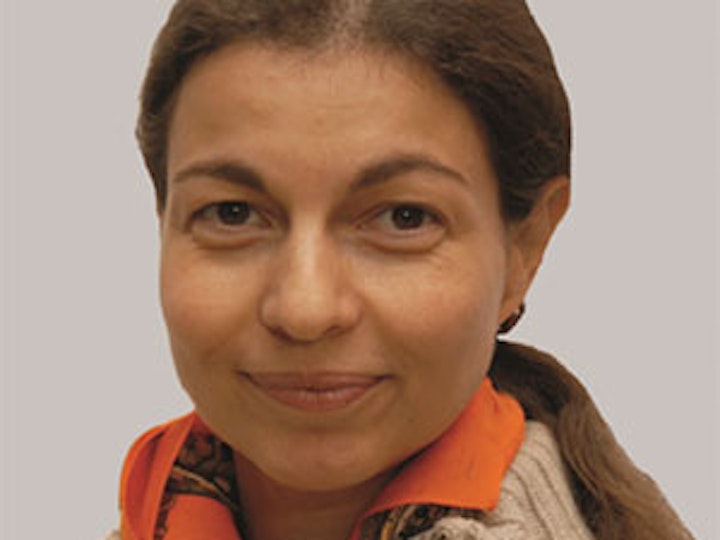Industry Insights: European Bank for Reconstruction and Development - Green Bonds
As always, student members from the University of Reading Finance Society have provided a review of the most recent Industry Insights event:

The 5th Industry Insights event, organised by the ICMA Centre in partnership with the University of Reading Finance Society, saw the European Bank for Reconstruction and Development (EBRD) come to the ICMA Centre to deliver a presentation talk on Green Bonds and the interaction between ESG factors and fixed income.

Mrs. Isabelle Laurent, Deputy Treasurer and Head of Funding led the talk and gave us insights into Responsible Investment and the use of the social and sustainable tools that are Green Bonds to finance environmental projects.
EBRD was set up after the Cold War to help re-boost the economy of the ex-Soviet Union, they now mostly operate within the private sector in areas ranging from infrastructure to agri-business and are not profit maximising orientated. EBRD raises funding to invest in sustainable projects by issuing ‘’Green Bonds’’, which were originally created by the World Bank, and have a proven track record of effectiveness in mobilising money, as well as a loyal pool of shareholders, with the biggest investors being the US Government.
Mrs. Laurent explained the importance of having a diverse investor base, which makes projects easier to finance and reduce levels of systemic risks, and issuing Green Bonds has allowed EBRD to do just that.
Monies raised by issuing these Green Bonds are allocated in countries where EBRD have started building sustainable projects or to fund causes which have a ‘’green’’ impact, where they can earn just enough return to cover their cost of capital. EBRD makes it a priority to report directly to their investors, whom often really want to know that their money was allocated to these ‘’green’’ assets their care about and that their investment is having a positive social impact.
Their investments range from wind and solar panel farms, to farming companies who promise to operate organically from the farm gate to the delivery of products to consumers.
To boost shareholder confidence, they ensure that all their investments are verified by a third party (much like a credit rating agency) to have their investments approved from an ESG point of view. Mrs. Laurent went on to explain that around 40 employees at EBRD focus on impact reporting, and spend their time finding and setting all the objectives that they want specific green investments to achieve, making sure along the way that all the operations within the supply chain of the asset they are allocating monies to are green. This can be tricky, as sometimes green projects can hide less green activities. For example, an environmentally friendly new train line, used for transporting coal!
Many questions were raised during Mrs. Laurent’s talk, ranging from the impact the arrival of Donald Trump had on green bonds to how securitization could be including in the process. She explained that Donal Trump’s arrival at the US presidency had no impact on the Green Bond market, as many states in the US do not follow Donald Trump’s ‘’no global warming’’ belief, and are genuinely concerned about environmental issues. This is reinforced by the fact that when EBRD issues Green Bonds, 50% of investors are from the US.
Mrs. Laurent also explained why secularisation isn’t a tool they consider within the bank, as the pool of assets they would securitize isn’t homogeneous enough to do so, with their investments being too diverse.
The event was followed by informal drinks where all attendees had the chance to pick Mrs. Laurent’s brains a little bit more.
The ICMA Centre and the UoR Finance Society thanks Mrs. Isabelle Laurent and EBRD for a really insightful talk!
Emmanuel De Labauve D’Arifat.